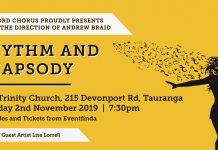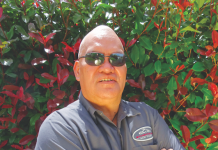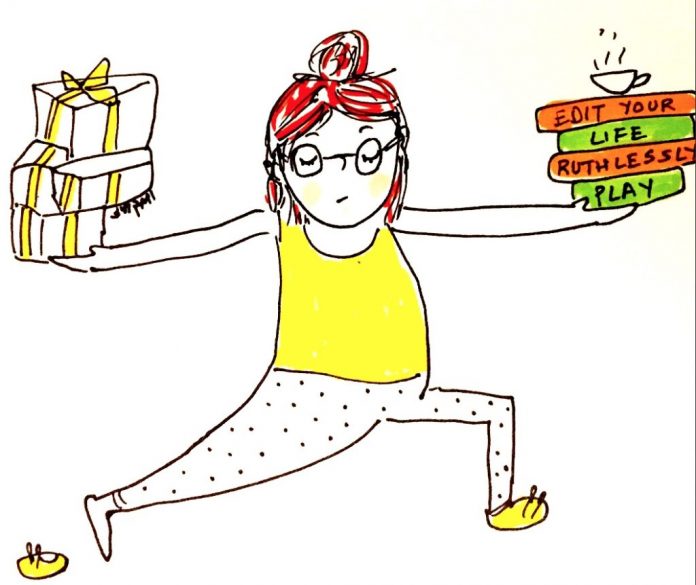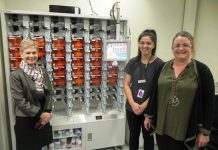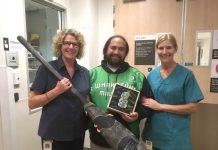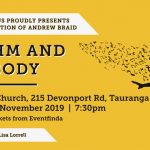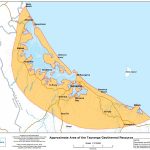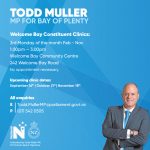You can have your cake and eat it too this Christmas.
Western Bay of Plenty Primary Health Organisation dietitian Hannah Keddell says if you focus on “mindful eating”, you needn’t feel guilty about enjoying Christmas treats.
“It’s not so much about what you’re eating – you can still have the ham, the stuffing, the dessert. It is more a focus on how you’re eating and making sure it’s an enjoyable experience. Your third helping of dessert never tastes as good as the first.”
Healthy, Mindful Habits
She admits it can be difficult not to overeat when you have multiple events to attend on Christmas Day.
“Obviously, having all your favourite foods available can make it difficult to exercise portion control, but Christmas doesn’t need to be about overeating all day. Enjoying well-balanced meals, which include vegetables, and not picking at extras throughout the day makes it easier to avoid that sickly full feeling we are all familiar with.”
And, if you do overeat on Christmas Day, says Hannah, remember it’s only one day.
“Just make sure you get back into your healthy habits again after the festivities are over.”
Hannah says many of us do a lot of ‘non-hungry’ eating, especially over the holiday period.
“We need to tune into our hunger and fullness cues a bit more. Food always tastes better when you’re hungry.”
On a hunger and fullness scale of one to 10 (see image) we should be aiming to eat between a four and a six.
“At four [on the hunger scale], you are starting to feel hungry, and at six [on the fullness scale], you are no longer hungry and feel satisfied. If you start when you’re starving, you are more likely to eat until you are at eight or nine on the fullness scale, which is uncomfortable,” says Hannah.
And what can we do to feel better if we do overeat? Something active, says Hannah, even if it’s the last thing you feel like doing.
“Going for a walk is great; fitting in some activity with the whole family is a really nice break from food and builds up an appetite for when you eat again.”
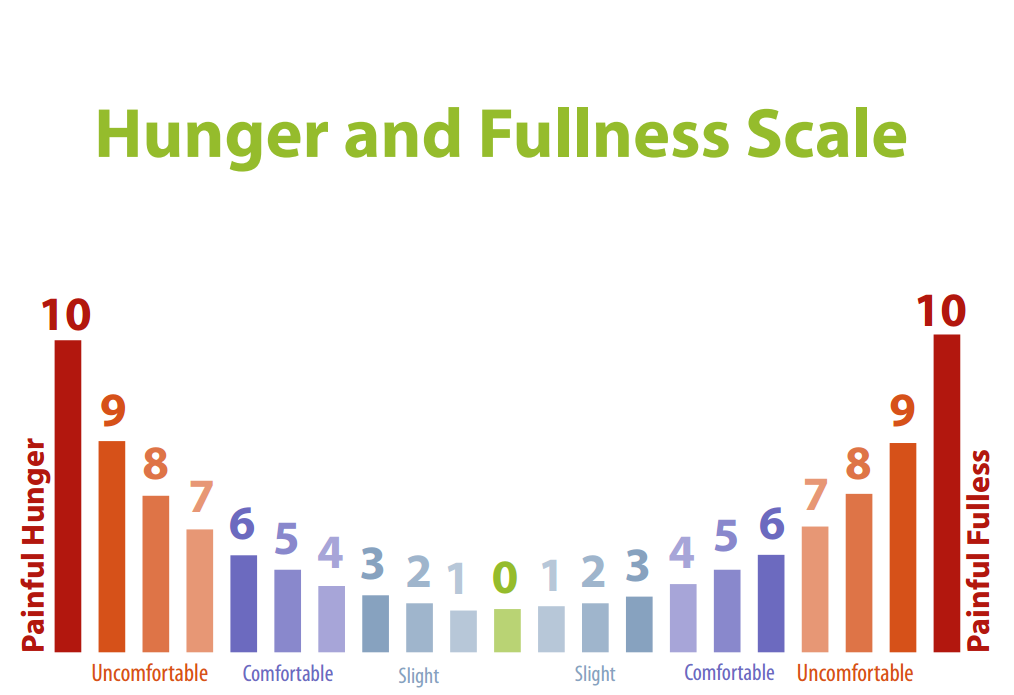
Questions to Ask
Hannah, who coordinates the PHO’s diabetes self-management groups, says if you want to be more mindful in your eating experiences try asking yourself the following questions:
· Do I stop eating when I am full?
· Do I eat when I’m hungry rather than emotional?
· Do I ‘pick’ at food?
· Do I taste each bite before reaching for the next?
· Do I think about how nourishing food is for my body?
· Am I non-judgemental of myself and when I accidentally overeat?
· Do I multi-task while I eat? When I eat, I just eat.
· Do I leave food on my plate if I don’t want it?
· Do I eat slowly, chewing each bite?
· Do I recognise when I slip into mindless eating (zoned out, popping food into my mouth)
To find out more about the PHO’s self-management groups, contact Health and Wellness Services on 07 571 2100.



